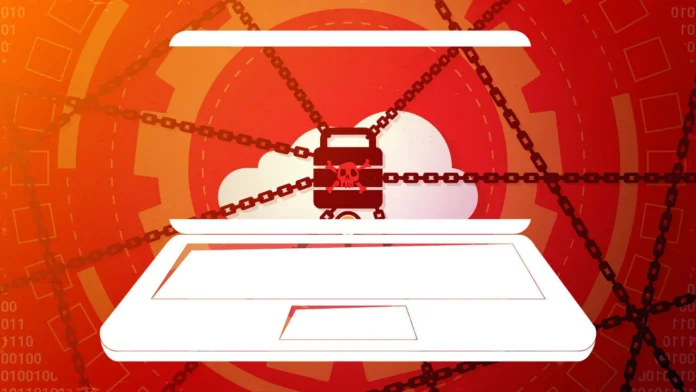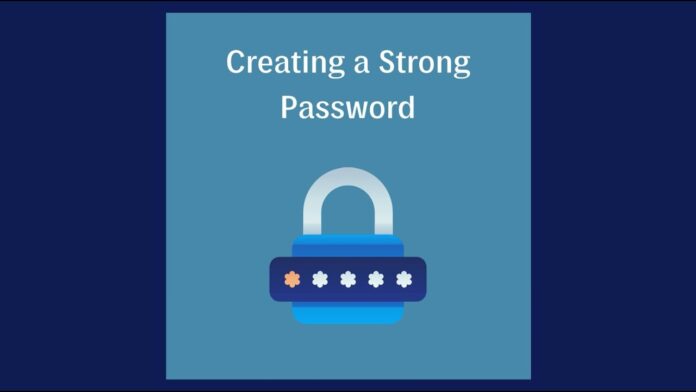Online gaming has grown exponentially over the past decade, from a niche hobby to a mainstream form of entertainment for millions of people worldwide. As with any digital activity that attracts widespread attention, online gaming is not without its threats and challenges. From concerns about personal data breaches to the risks of in-game scams, there’s a growing need for gamers to be informed about potential dangers and how to avoid them.
Technical measures to ensure a safe online gaming experience

In the evolving landscape of online gaming, there’s a growing emphasis on implementing technical measures to protect both the gaming experience and the players themselves.
The infrastructure behind these virtual environments is complex, involving both server and client-side protocols that require constant attention to remain secure.
Servers, in particular, serve as a central hub for the online gaming experience and therefore require meticulous security measures. A notable example of this is in the realm of survival games, such as Ark: Survival Evolved. With a good Ark server hosting, you can assign admin rights via an admin password or Steam ID.
This feature ensures that only authorized individuals can make significant changes to the game environment, reducing the risk of unwanted disruption or malicious interference.
In addition to server settings, several other technical measures play an important role in ensuring a safe online gaming experience. For example, firewalls can be used to block unwanted or potentially harmful incoming connections, acting as a first line of defense against cyber threats. Meanwhile, two-factor authentication (2FA) provides an additional layer of security by requiring users to provide a second piece of verification beyond a password.
For example, in massively multiplayer online games (MMOs) such as “World of Warcraft”, enabling 2FA can dramatically reduce the chances of unauthorized account access.
In addition, the use of end-to-end encryption for in-game chat systems, as seen in platforms such as Discord, helps to ensure that private conversations between players remain confidential.
By incorporating these technical safeguards, the gaming industry is working diligently to create environments where players can focus on having fun, free from the looming shadow of potential security breaches.
Protection against malware and viruses on gaming platforms

As gaming platforms become more sophisticated, they also become attractive targets for malicious entities seeking to exploit vulnerabilities for illicit gain. Malware and viruses targeted at gaming platforms have become increasingly prevalent, causing potential damage to both personal devices and users’ valuable data.
To understand the severity of the problem, one need only look at the staggering number of malware and virus attacks reported on gaming platforms each year.
Often, these malicious programs are designed to steal sensitive user information, corrupt game data, or even use gaming systems as part of botnets for larger cyberattacks.
Several high-profile incidents have highlighted the potential impact, ranging from financial loss to users through fraudulent transactions to significant disruption to the gaming experience. What’s more, there has been a significant increase in ‘cheat software’ that promises to give players an advantage but may be bundled with malware that further compromises users’ data and system integrity.
It’s important to recognize that while gaming platforms can be vectors for cyber threats, there are robust measures and security practices that can be implemented to mitigate these risks.
Regular software updates, multifactor authentication, and advanced threat detection systems are just some of the strategies that developers and platform operators are using to ensure a safer gaming environment.
Creating strong passwords for online gaming

When it comes to online gaming, the security of player accounts and personal data is paramount. Passwords are often the first line of defense against unauthorized access, so their strength and complexity are critical.
As cyberattacks become more sophisticated and frequent, it’s clear that generic or easily guessable passwords such as “password123” or “gamer01” are no longer sufficient. Instead, strong password practices are essential to strengthen account security and protect sensitive information.
There are several factors to consider when creating a strong password for online gaming. Firstly, the length of the password plays a significant role in its strength. It’s generally recommended that passwords be at least 12 characters long, if not more.
This length increases the number of possible combinations, making brute force attacks – where attackers try every possible password combination – more time-consuming and less feasible. Secondly, the use of a mix of upper and lower-case letters, numbers, and symbols further complicates the password structure, making it harder for cybercriminals to predict.
It’s also worth noting that phrases or combinations of random words can be beneficial, especially if they are unrelated and not easily associated with the user.
Avoiding the use of easily accessible personal information, such as birthdays, names, or gaming nicknames, is also crucial, as this information is readily available to malicious actors.
Finally, using unique passwords for different platforms and changing them regularly can act as an extra layer of security, ensuring that even if one password is compromised, other accounts remain secure.
The use of password managers can help in this process, as they can generate and store complex passwords without the need for manual entry or memorization.
Conclusion: Why is it important to keep online games safe?

Ensuring the safety of online gaming is of paramount importance for several reasons. Firstly, online gaming platforms are often home to large communities of players from different backgrounds and age groups.
Many of these platforms have become social hubs where people connect, share experiences and build relationships. An unsafe gaming environment can lead to various problems, such as cyberbullying, exposure to inappropriate content, and privacy violations.
A safe environment fosters trust and ensures that individuals can play without fear of negative repercussions or unwanted intrusion.
In addition, the economic impact of online gaming security is significant. The gaming industry has seen a meteoric rise in its financial valuation recently, with transactions, in-game purchases, and subscriptions contributing to this growth.
When security lapses occur, such as data breaches or fraudulent transactions, the credibility of gaming platforms can be compromised. This not only damages their reputation, but can also lead to financial losses for both the platforms and their users.









